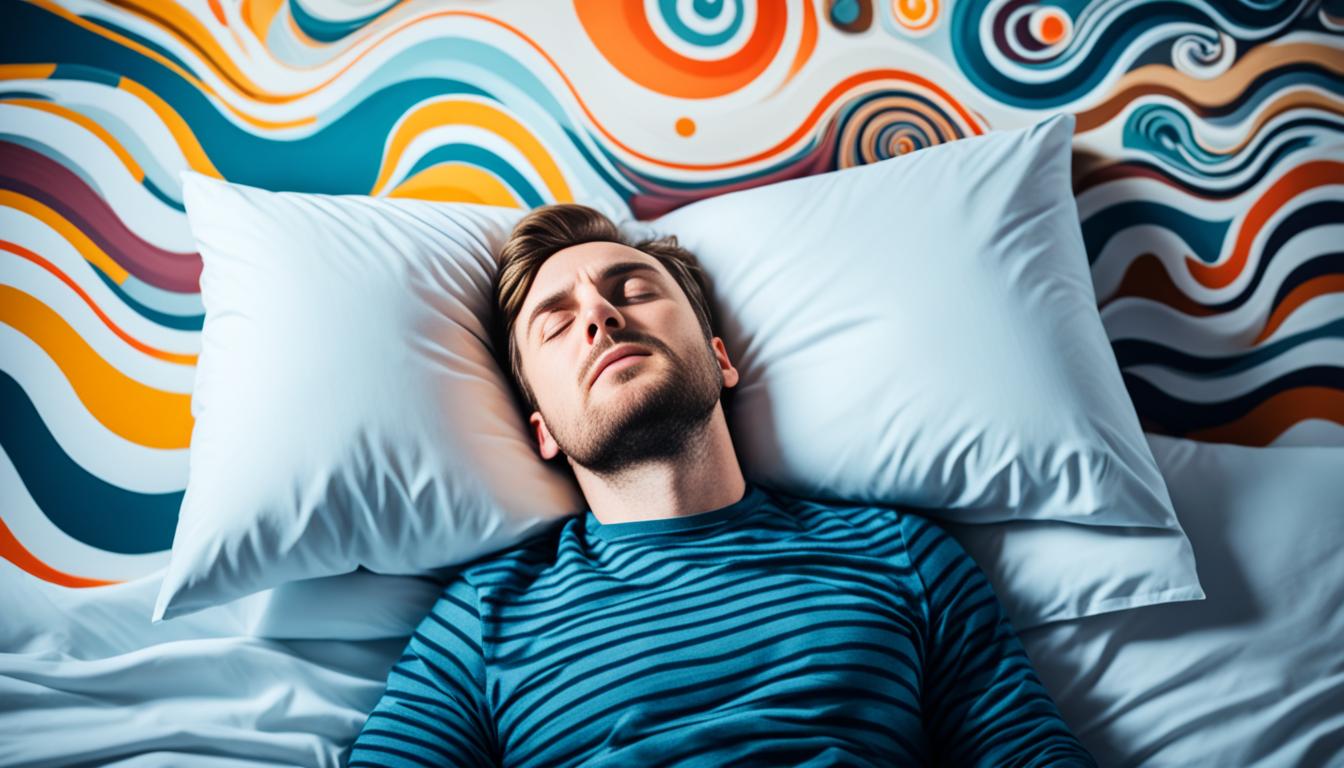Sleep disorders are conditions that mess with how much we sleep or the quality of our sleep. They make it hard to function well when we’re awake. This can really impact our health and life quality. Known sleep issues are insomnia, sleep apnea, narcolepsy, restless leg syndrome, sleep paralysis, parasomnias, and circadian rhythm disorders.
Insomnia is a widespread problem. It makes falling asleep or staying asleep tough. Sleep apnea causes breath stops while sleeping. This can lead to not sleeping well and being extra tired during the day. With narcolepsy, you can’t control when you need to sleep. Restless leg syndrome makes your legs feel weird and moving them helps. Sleep paralysis stops you from moving or talking when you wake up or fall asleep. Parasomnias make people sleepwalk, have night terrors, or eat while asleep. Circadian rhythm disorders mess with our body clocks, causing jet lag or issues from working at odd hours.
Stem cell therapy offers a new way to tackle sleep disorders. It aims to fix sleep problems by repairing damaged cells and tissues. This could lead to better sleep and a more regular sleep schedule.
Key Takeaways:
- Sleep disorders can greatly impact the quality and duration of sleep.
- Common sleep disorders include insomnia, sleep apnea, narcolepsy, restless leg syndrome, sleep paralysis, parasomnias, and circadian rhythm disorders.
- Stem cell therapy is an evolving treatment option for sleep disorders.
- Proper diagnosis is crucial for effective management of sleep disorders.
- Seek medical advice if you experience persistent sleep problems.
Symptoms and Causes of Sleep Disorders
Recognizing sleep disorder symptoms and causes is key. Each type of sleep disorder shows different signs. Factors like stress and medical issues play a big role in causing them.
Symptoms of Sleep Disorders
Sleep disorders can badly affect how we feel and live. You may have trouble falling asleep or staying asleep. Daytime sleepiness, restless sleep, and waking often at night are common signs.
These symptoms make it hard to get good sleep. This leads to feeling tired, moody, and issues with focus and memory.
Causes of Sleep Disorders
Various factors can lead to sleep issues. Stress, health problems, and changes in your sleep routine are some common culprits. Also, things like noisy environments or certain medicines can be a factor.
Finding and treating the root causes can help improve your sleep and overall health.
| Type of Sleep Disorder | Symptoms | Common Causes |
|---|---|---|
| Insomnia | Difficulty falling asleep or staying asleep | Stress, anxiety, underlying medical conditions |
| Sleep apnea | Pauses in breathing during sleep | Obesity, anatomical abnormalities, age |
| Narcolepsy | Excessive daytime sleepiness, sudden loss of muscle tone | Genetic factors, autoimmune disorders |
| Restless leg syndrome | Uncomfortable sensations in the legs, strong urge to move legs | Family history, pregnancy, iron deficiency |
| Sleep paralysis | Inability to move or speak while falling asleep or waking up | Disrupted sleep patterns, sleep deprivation, stress |
| Parasomnias | Abnormal behaviors during sleep, such as sleepwalking or night terrors | Family history, sleep deprivation, certain medications |
| Circadian rhythm disorders | Disruptions in sleep patterns due to environmental or work schedule changes | Shift work, jet lag, irregular sleep schedule |
Getting professional help is crucial for accurate diagnosis and right treatment. Dealing with causes and changing your lifestyle can help. New options like stem cell therapy might also improve sleep and life.
Diagnosis and Stem Cell Therapy for Sleep Disorders
Getting the right diagnosis is key to dealing with sleep issues well. A full check-up, which looks into your medical past, gives you a physical once-over, and might involve sleep tests like polysomnography. This process helps doctors spot the exact kind of sleep problem and its root cause. Then, they can make a treatment plan that’s just for you.

